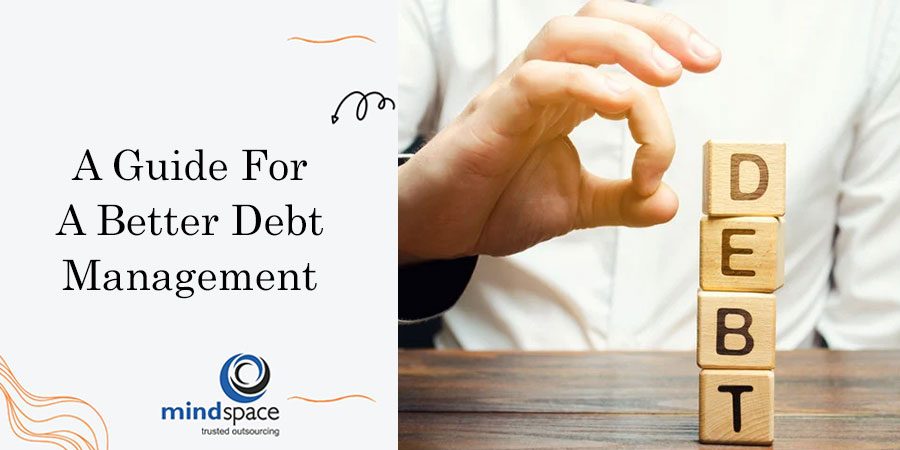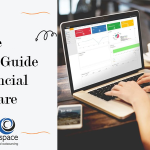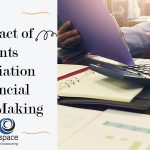A Guide For A Better Debt Management
Debt can be a significant source of stress and anxiety for many people. The feeling of being suffocated by unpaid bills and mounting interest rates can be downright overwhelming.
But debt doesn’t have to be a lifelong struggle. With the right tools and strategies, you can take control of your finances and start paying off your debt for good. In this blog post, we will provide a guide for better debt management that will help you regain control of your finances.
Steps For a Better Debt Management Plan:
Create a budget
The first step in better debt management is creating a budget. A budget will help you understand where your money is going and where you can make cuts to reduce your expenses. Start by listing all of your monthly expenses, including rent or mortgage, utilities, groceries, transportation, and debt payments. Then compare your total expenses to your monthly income. If your expenses are greater than your income, you will need to find ways to reduce your expenses or increase your income.
Prioritize your debt payments
Once you have a budget in place, it’s time to prioritize your debt payments. Make a list of all of your debts, including credit card balances, personal loans, and student loans. Then, prioritize your debts by interest rate. Focus on paying off the debt with the highest interest rate first, while making minimum payments on the other debts. Once the highest-interest debt is paid off, move on to the next highest-interest debt.
Consider debt consolidation
If you have multiple debts with high interest rates, it may be worth considering debt consolidation. Debt consolidation involves combining multiple debts into one loan with a lower interest rate. This can make your monthly payments more manageable and help you pay off your debt faster.
Negotiate with creditors
If you’re struggling to make your debt payments, don’t be afraid to negotiate with your creditors. Many creditors are willing to work with you to create a payment plan that fits your budget. They may be willing to lower your interest rate or extend your payment term to make your payments more manageable.
Cut expenses
Another way to manage your debt is to cut expenses. Look for areas where you can reduce your spending, such as eating out or subscription services. Every dollar you save can be put towards paying off your debt.
Use windfalls to pay off debt
If you receive a bonus at work, a tax refund, or any other windfall, consider using it to pay off your debt. Every extra payment you make will help you pay off your debt faster and save you money on interest.
Consider a balance transfer credit card
Another debt consolidation option is a balance transfer credit card. Balance transfer cards allow you to transfer your high-interest credit card balances to a card with a lower interest rate. This can help you save money on interest and pay off your debt faster. However, be sure to read the terms and conditions carefully, as many balance transfer cards come with fees and introductory interest rates that can increase significantly after a certain period.
Seek professional help
If you’re struggling with debt and can’t seem to make any progress, it may be time to seek professional help. A credit counselor or financial coach can help you create a debt repayment plan, negotiate with creditors, and provide guidance on budgeting and saving.
Avoid taking on new debt
The key to better debt management is to avoid taking on new debt while you’re paying off your existing debt. This means avoiding credit card purchases and loans unless absolutely necessary. If you do need to take on new debt, be sure to create a plan for paying it off as quickly as possible.
Celebrate your progress
Finally, it’s important to celebrate your progress along the way. Paying off debt can be a long and challenging journey, but it’s important to acknowledge your successes and reward yourself for your hard work. This can help keep you motivated and on track towards your financial goals.
In conclusion, managing debt can be a challenging task, but it’s not impossible. By creating a budget, prioritizing debt payments, consolidating debt, negotiating with creditors, and cutting expenses, you can take control of your finances and pay off your debt for good. Remember that it takes time and effort, but with persistence and dedication, you can achieve financial freedom.


